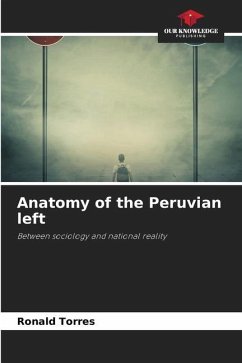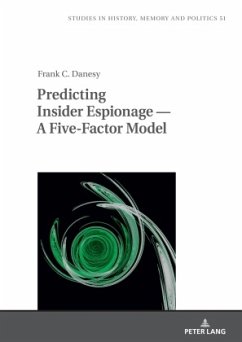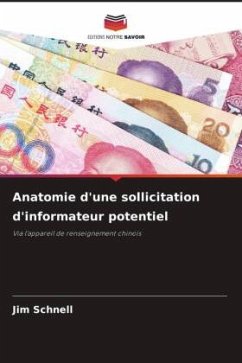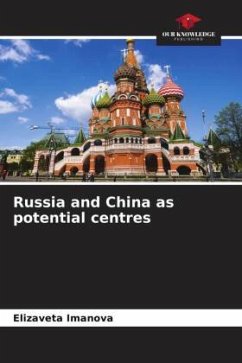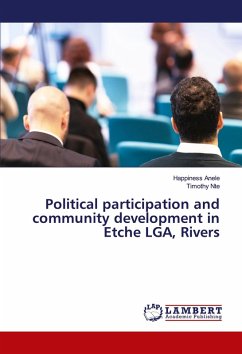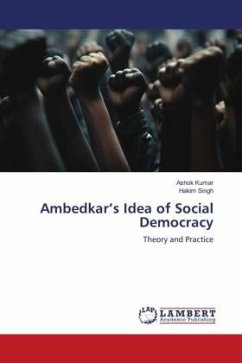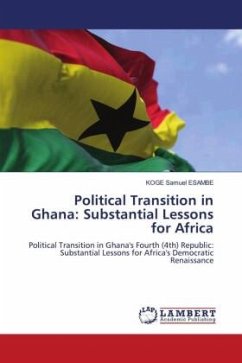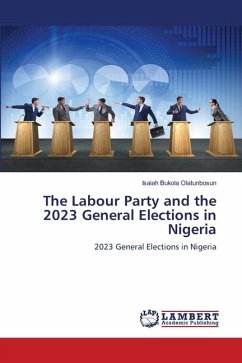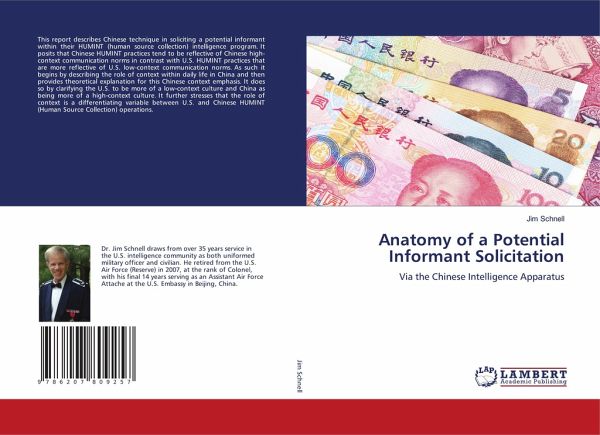
Anatomy of a Potential Informant Solicitation
Via the Chinese Intelligence Apparatus
Versandkostenfrei!
Versandfertig in 6-10 Tagen
40,99 €
inkl. MwSt.

PAYBACK Punkte
20 °P sammeln!
This report describes Chinese technique in soliciting a potential informant within their HUMINT (human source collection) intelligence program. It posits that Chinese HUMINT practices tend to be reflective of Chinese high-context communication norms in contrast with U.S. HUMINT practices that are more reflective of U.S. low-context communication norms. As such it begins by describing the role of context within daily life in China and then provides theoretical explanation for this Chinese context emphasis. It does so by clarifying the U.S. to be more of a low-context culture and China as being ...
This report describes Chinese technique in soliciting a potential informant within their HUMINT (human source collection) intelligence program. It posits that Chinese HUMINT practices tend to be reflective of Chinese high-context communication norms in contrast with U.S. HUMINT practices that are more reflective of U.S. low-context communication norms. As such it begins by describing the role of context within daily life in China and then provides theoretical explanation for this Chinese context emphasis. It does so by clarifying the U.S. to be more of a low-context culture and China as being more of a high-context culture. It further stresses that the role of context is a differentiating variable between U.S. and Chinese HUMINT (Human Source Collection) operations.





